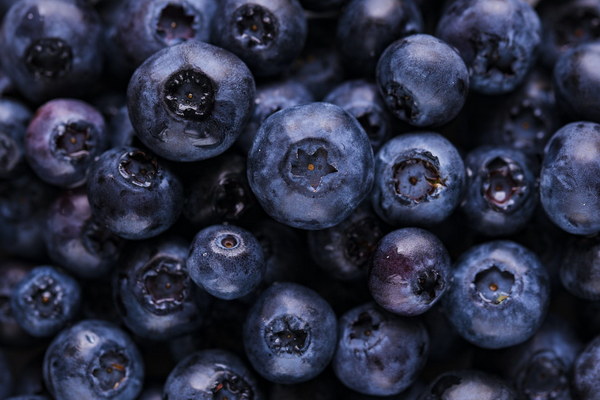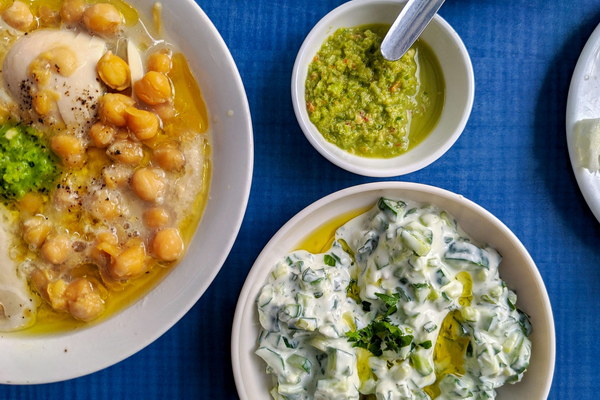Prescriptions for Preserving Your Gastric Mucosa A Guide to Medications for Gastric Health
Introduction:
The gastric mucosa, a protective layer lining the stomach, plays a crucial role in maintaining digestive health. However, due to various factors such as unhealthy eating habits, stress, and the use of certain medications, the mucosa can become damaged, leading to gastrointestinal issues. To safeguard your gastric mucosa, it is essential to identify the right medications that can help preserve and heal it. This article delves into the types of medications available for the preservation of gastric mucosa.
1. Proton Pump Inhibitors (PPIs):
Proton pump inhibitors are a class of medications commonly prescribed for the treatment of various gastrointestinal conditions, including gastritis, peptic ulcers, and gastroesophageal reflux disease (GERD). By reducing the production of stomach acid, PPIs help protect the gastric mucosa from further damage.
Popular PPIs include:
- Omeprazole (Prilosec)
- Lansoprazole (Prevacid)
- Esomeprazole (Nexium)

- Pantoprazole (Protonix)
- Rabeprazole (Aciphex)
2. Histamine H2 Receptor Antagonists (H2RAs):
H2RAs are another class of medications that help reduce stomach acid production, thus protecting the gastric mucosa. They are often prescribed for the management of acid-related disorders like gastritis and ulcers.
Common H2RAs include:
- Cimetidine (Tagamet)
- Famotidine (Pepcid)
- Ranitidine (Zantac)
- Nizatidine (Axid)
3. Prokinetics:
Prokinetics are medications that increase the motility of the gastrointestinal tract, which can help prevent the reflux of stomach acid into the esophagus. By reducing acid reflux, prokinetics help protect the gastric mucosa.
Popular prokinetics include:
- Metoclopramide (Reglan)
- Domperidone (Motilium)
4. Mucosal Protectants:
Mucosal protectants are designed to coat the stomach lining, forming a barrier that protects the mucosa from stomach acid and other irritants. These medications are often used in conjunction with other treatments to promote healing and prevent recurrence of mucosal damage.
Common mucosal protectants include:
- Sucralfate (Carafate)
- Bismuth subsalicylate (Pepto-Bismol)
- Misoprostol (Cytotec)
5. Probiotics:
Probiotics are live microorganisms that can beneficially affect the host's health when consumed. They can help restore the balance of gut flora and improve gastrointestinal function, which may contribute to the preservation of the gastric mucosa.
Popular probiotics include:
- Lactobacillus
- Bifidobacterium
- Saccharomyces boulardii
Conclusion:
Preserving the gastric mucosa is crucial for maintaining overall digestive health. By using the appropriate medications, such as proton pump inhibitors, histamine H2 receptor antagonists, prokinetics, mucosal protectants, and probiotics, individuals can protect their gastric mucosa from further damage and promote healing. It is essential to consult with a healthcare professional to determine the most suitable treatment plan based on individual needs and health conditions.









